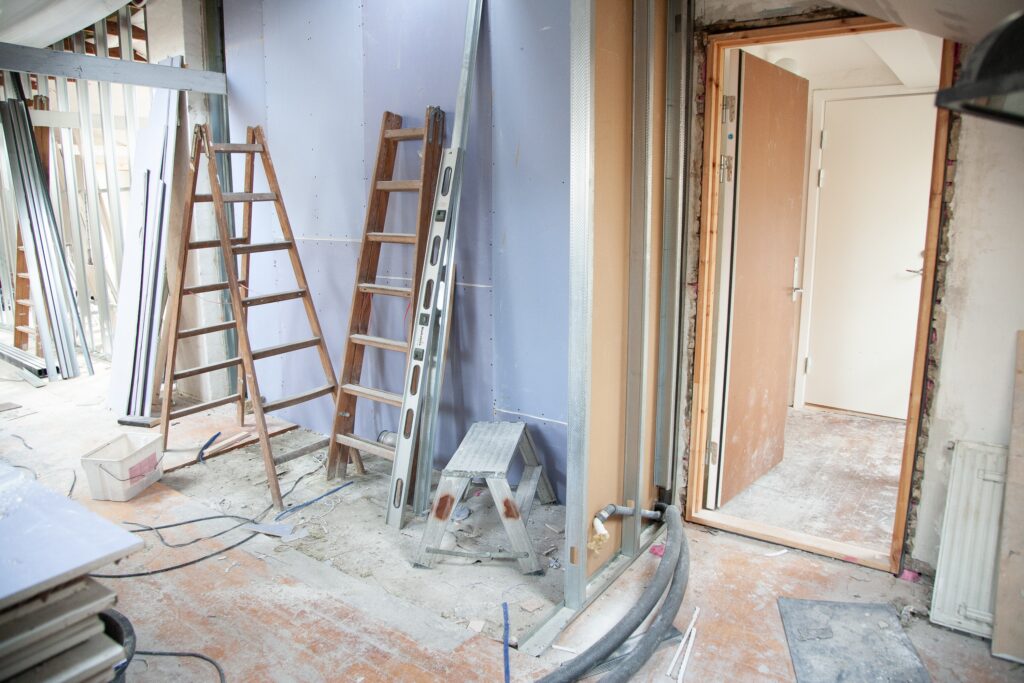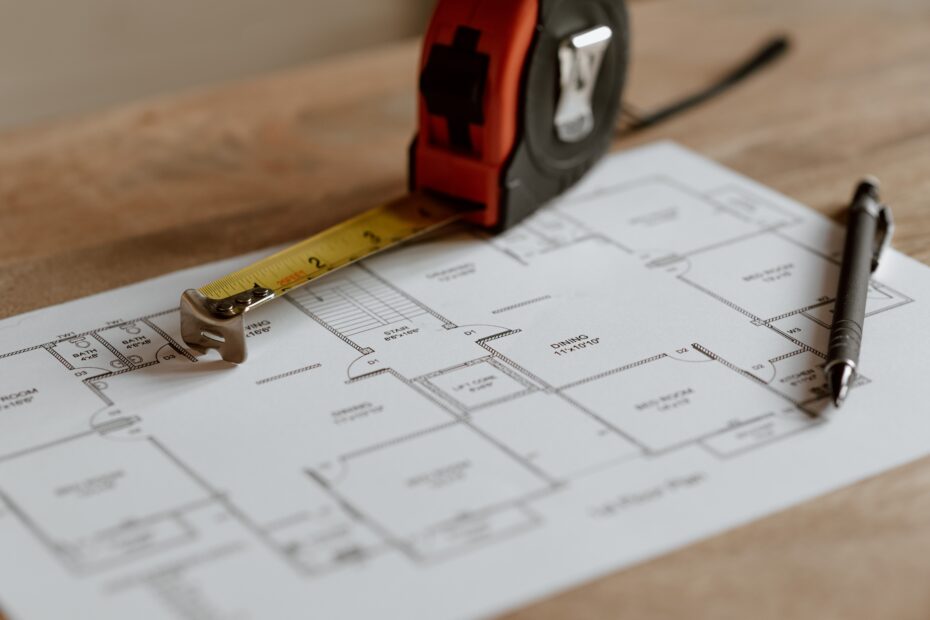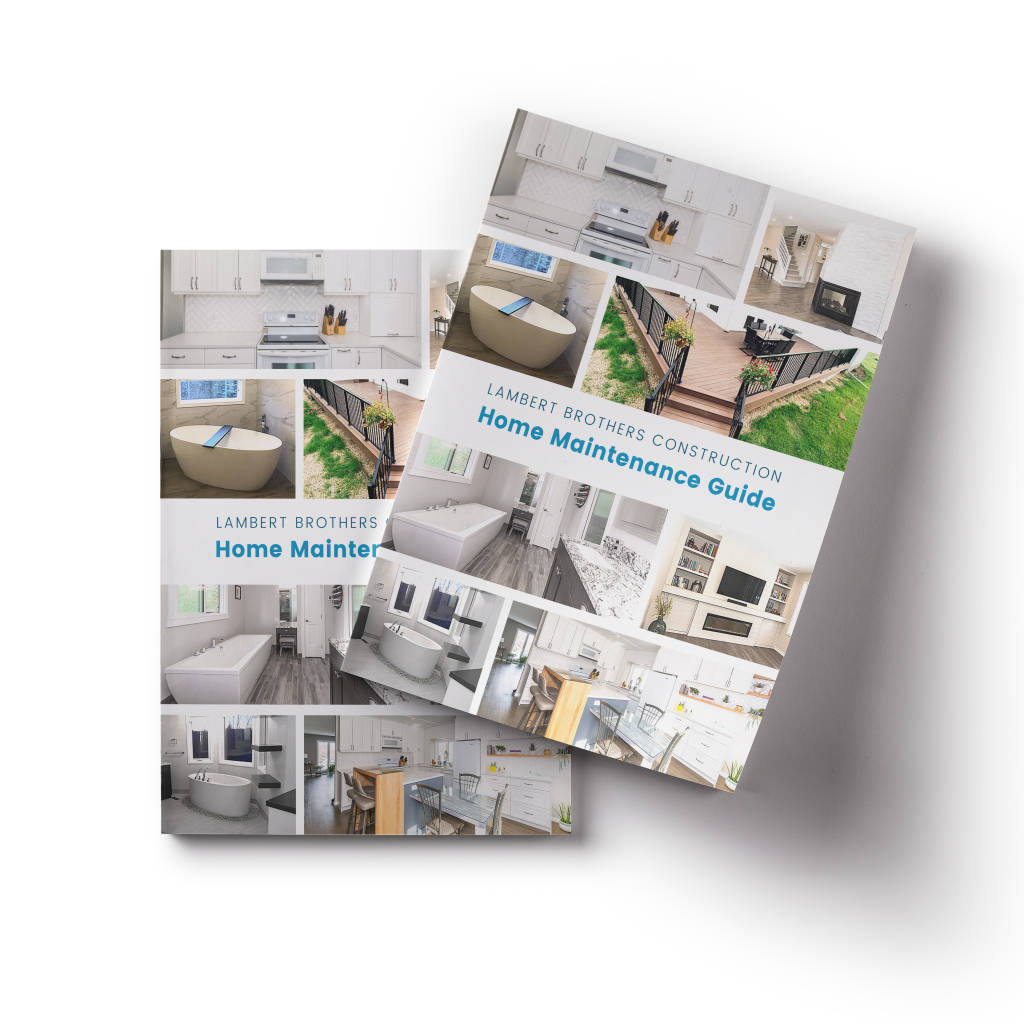Sticking to a renovation budget is always a challenge and creating a budget for a large project you’ve never done before is an even bigger challenge. Building a feasible renovation budget requires a detailed plan and plenty of research on the real costs of home renovations. It can seem overwhelming, but we are here to help you set a realistic renovation budget for what you want.
Before calling a contractor there’s a lot you can do to set yourself up for a successful home renovation that’s on budget. Think about your overall goals and develop a clear description of what you want to change. What do you like about your current space? What needs do you and your family have? Make sure everyone in your home participates in the discussion. A good Contractor can help you estimate what some renovations may cost and should be willing to give you a high/low range based on your discussions. Be leery of those that low ball estimates to get the job.
Here are 4 basic steps to help you through the process of setting a renovation budget that will keep you on track for success and help you avoid the headache of going over budget:
1. You must consider putting some time and money towards a plan.
In order to get a better understanding of the renovation it is always a great idea to have a Professional Accredited Designer put together a design for you. This will certainly eliminate the need for multiple change orders which is certain to add costs and time to your project. Engaging the services of an Accredited Designer is like buying an insurance package on the work to be done. This step is indeed part of the planning process and is likely to cost 3-6% of the total cost of the job. A renovation without a plan is like driving your car with a steering wheel.
2. Narrow your focus.
Define your priorities by identifying the “must-have” items and those which would be “nice to have” if your budget allows. The more detail you can provide about your goals for the renovation and your priorities, the better you can communicate them to your renovation professional. Before you set the budget for the renovation you want, decide what it is you actually want.
A good contractor will help you to be realistic and manage your expectations. Next, do your research. The Appraisal Institute of Canada listed the top five renovations or updates to get the best return for your investment:
- Renovating or updating the kitchen.
- Remodeling or updating the bathroom.
- Repaint the interior and exterior of the home in colour tones with wide-ranging market appeal.
- Update the décor (replacing the lighting and plumbing fixtures, the counters, damaged or faulty flooring, etc.).
- Declutter the place (removing excess items that prevent you from showcasing your home). And this is usually free!

If you’re renovating your entire home, or an entire floor, think about the renovation one room at a time. The renovation can quickly become overwhelming with repairs and upgrades that need to be done and breaking it down room by room will allow you to get a more accurate, full picture of the potential cost.
Make a list of the must-haves and include things you cannot live without and how you want the room to function. Examples might include:
- The size of the shower.
- A steam shower with multiple shower heads.
- Two sinks.
- A separate vanity.
- Ample storage for towels, linens, and hygiene products.
- A bright sunny window.
Then, make a list of items you want but could live without if your budget doesn’t allow. Examples might include more specific or extravagant things such as:
- A heated towel bar.
- Marble floors and walls.
- Heated floors.
- Built-in sound speakers
3. Determine a timeline.
Before contacting a renovator, think about when you’d like the work to be done. When determining your optimal timeline, consider the following:
- Major projects may require you to move out during construction. Examples of major projects include converting a bungalow to a two-storey home or building an addition.
- Smaller projects, such as refurbishing a kitchen or bath, may allow you to live in your house while the work is going on, although you may have a few inconveniences during the project.
- No matter the size, permits if required for your project, will take time to obtain.
- Plan for surprises. Make room for unknown variables that are often unseen. Moving walls and plumbing can expose problems that may have gone unnoticed. Don’t panic. Just plan a cushion in your budget should these happen. In the best-case scenario, everything is fine, and you can move ahead of schedule and stay under budget. Worst case scenario, you already planned for potential problems, and it isn’t really a surprise.
Several months to a year are a reasonable timeline for large projects – don’t expect major renovations to be done in a few weeks. Talking to your contractor about your proposed timeline well beforehand can help manage expectations, and this ultimately helps you set the budget for the renovation you want.
4. Determine where the money will come from.
It is always good to know what financing options you have available to you before you decide on a major project. Do you have savings set aside for the project? Will you be using financing or home equity? Know how much money you need and be sure you have easy access to it. Don’t estimate low in an effort to save money on a limited budget. Setting it too low will likely lead to missing out on quality that you will almost certainly regret letter.
We like to say, “The bitterness of poor-quality lasts much longer than the sweetness of a good price.”
Good contractors can suggest realistic renovations to meet your budget. It isn’t in everyone’s budget to renovate a room to the look, feel and quality you see in an architectural magazine spread. Those are definitely not low-budget renovations.
Your wants need to meet your budget, and your budget needs to meet your wants. So, how do you know what the best renovations are for a budget you can afford?
Consider ROI and Future Resale
The National Bank of Canada suggests keeping resale value in mind when planning your budget. For example, the kitchen represents 10% to 15% of a property’s value. If you want to renovate it, limit your expenses to that proportion of the home’s value. If a house is worth $300,000, renovating the kitchen should then cost $30,000 to $45,000.
Stretch your budget through rebates
Renovation rebates are a great way to bump up that budget. Especially when you are changing out your energy systems or updating your windows. Be aware that in some cases, there are upfront costs before you can see a rebate.
No matter what type of renovation you’re doing or how you go about planning it, it’s important to know and understand the full scope of the project and how the construction will affect you and your family. The supply chain for building materials can vary, and may we require you to be flexible on your timeline – this has been especially true over the last year.
Once you have a good idea of what you want, it’s time to find your contractor! When you are looking for a renovation specialist with knowledge and expertise to help you stay on budget, contact us at Lambert Brothers Construction so, we can help get the renovation you want and make your renovation dreams a reality.

